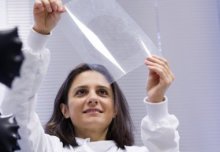

Funding Success
Imperial academics win €6million of ERC funding
Three Imperial scientists have won significant funding from the European Research Council (ERC) to be ‘truly creative in their research’.



Imperial academics win €6million of ERC funding
Three Imperial scientists have won significant funding from the European Research Council (ERC) to be ‘truly creative in their research’.
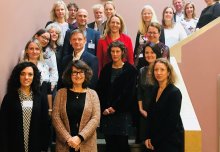

European education leaders explore groundbreaking teaching priorities
Education leaders convened in the Netherlands to agree research projects that aim to transform the learning experience of students across Europe.


Hand-stabilising glove team shortlisted for Science Start-up of the Year
A wearable tech Imperial startup were finalists of Science Startup of the Year at the Falling Walls conference in Germany.


Top scientists warn on Brexit, as Imperial grows European links
Some of the biggest names in science – including Imperial Fields medallist Martin Hairer – have called for a Brexit deal to protect talent mobility.
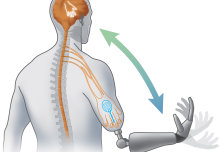

Imperial academics win €10m ERC grant to give bionic limbs sense of touch
Imperial researchers have won a prestigious European Research Council (ERC) Synergy Grant worth €10m, to give bionic limbs natural sensations.


Immigration Minister sees benefits of internationalism at Imperial
Caroline Nokes MP, Minister of State for Immigration, visited Imperial this week and took a tour of the Hamlyn Centre for Robotic Surgery.
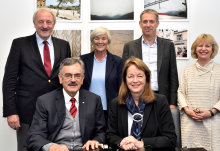

Imperial forms ‘flagship partnership’ with Technical University of Munich
Two of Europe’s leading universities have formed a strategic partnership in education, research and innovation.
 1
1
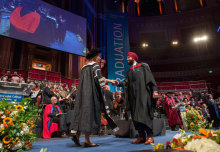

STEM graduates should get post-study visas, says President Alice Gast
International students of science, technology, engineering and medicine (STEM) should have the right to remain in the UK after graduation.


AI experts from Imperial and France reveal exciting applications for healthcare
The world’s top AI and machine learning experts from fields such as big data, healthcare and neurotechnology showcased their research yesterday.
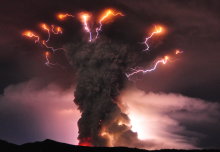

Napoleon’s defeat at Waterloo caused in part by Indonesian volcanic eruption
Electrically charged volcanic ash short-circuited Earth’s atmosphere in 1815, causing global poor weather and Napoleon’s defeat, says new research.
 9
9